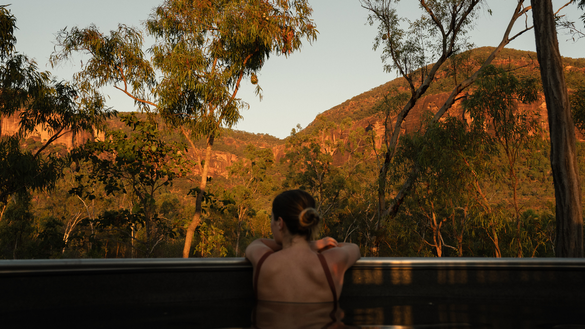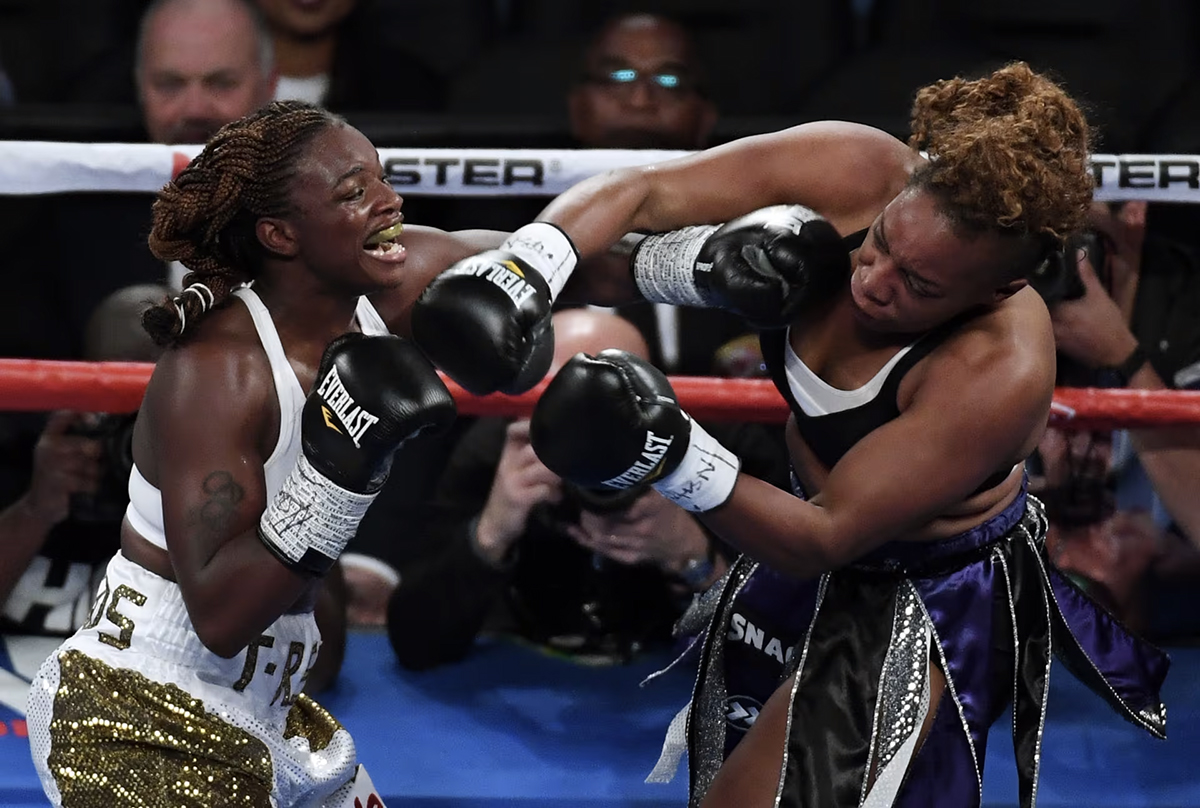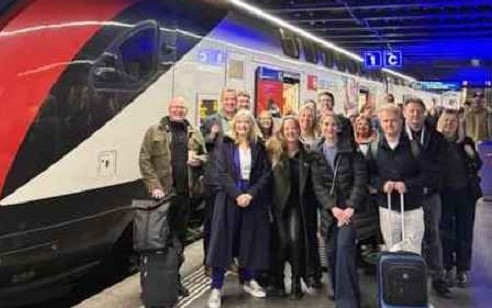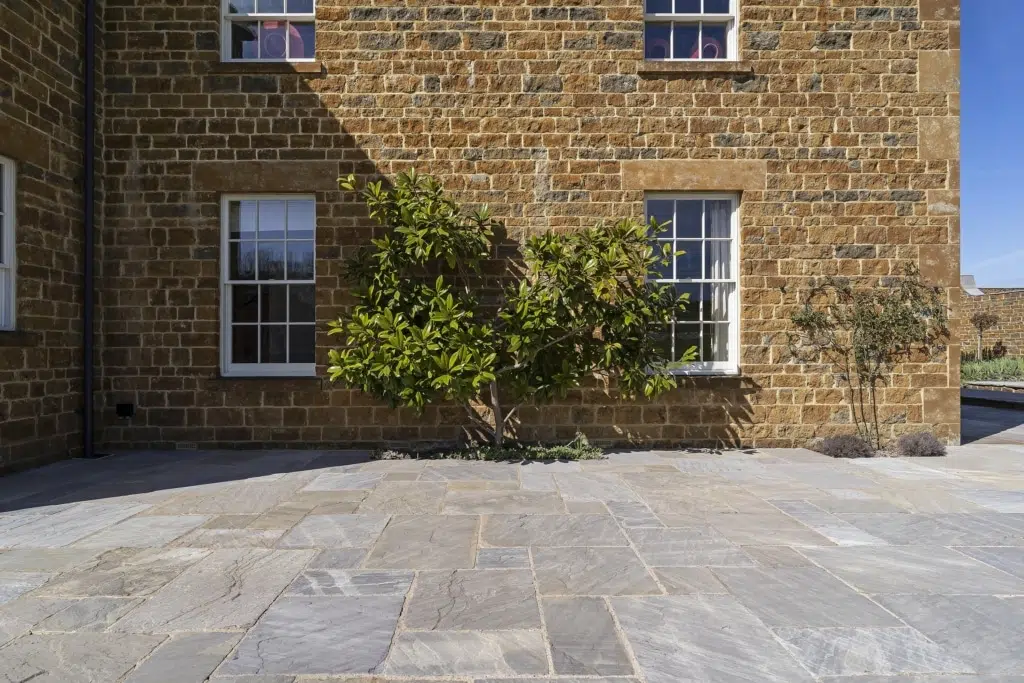Birmingham Wildlife Conservation Park is helping to safeguard the future of the Waldrapp Ibis, one of the top ten endangered birds supported by zoos and aquariums. The British and Irish Association of Zoos and Aquariums (BIAZA), which promotes the values of good zoos and aquariums, has compiled a list of the top ten birds benefitting from the work of zoos and aquariums in the UK and Ireland.
The Waldrapp Ibis, also known as the Northern Bald Ibis because of their bald heads, used to be found throughout North Africa and the Middle East. Now critically endangered, it has been badly affected by pesticide poisoning and has lost many breeding and feeding sites. Birmingham Wildlife Conservation Park has two Waldrapp Ibis – Koosh who hatched at Tilgate Nature Centre in 2002, and Mop Top, who also hatached at Tilgate Nature Centre in 1998.
Park manager Les Basford said: “We support breeding programmes for a range of endangered and critically endangered species. Whilst many people are aware of the plight of some our more popular primates, it’s very important that we also support endangered birds, including less attractive creatures like the Northern Bald Ibis. BIAZA’s Top Ten report highlights the conservation work which takes place up and down the country in parks and zoos to this end.”
Dr Kirsten Pullen, CEO of BIAZA, said: “This year’s Top Ten report is the fourth in a series which highlights the contribution of good zoos and aquariums to the conservation of the natural world. This time, the focus is on birds.
“Zoos and aquariums are an active part of the global conservation community. They can marry up active field conservation with the ‘Ark Concept’ of captive breeding programmes.
“The birds in our latest Top Ten report are all species that are reliant on captive breeding to complement field initiatives.”
Strict criteria were used to select the top ten. All the birds proposed had to be associated with current field initiatives by zoos and/or essential conservation breeding in zoos.
Particular importance was placed on initiatives which included a management role in the species’ conservation, rather than just providing funds. Priority was also given to species listed as threatened on the international IUCN Red List of threatened species.
The top ten list demonstrates the importance of zoos and aquariums not only for conservation breeding of safety-net populations, but also for their contribution to funding and management of conservation projects in the field, including research, education and support for local communities, as well as protection of crucial wildlife habitats.
Birmingham Wildlife Conservation Park is open daily from 10am – 5pm, last admission 4pm, during the summer months. Admission is £5.50 for adults, £3 for children 3-15 years old and under 3s go free.
















